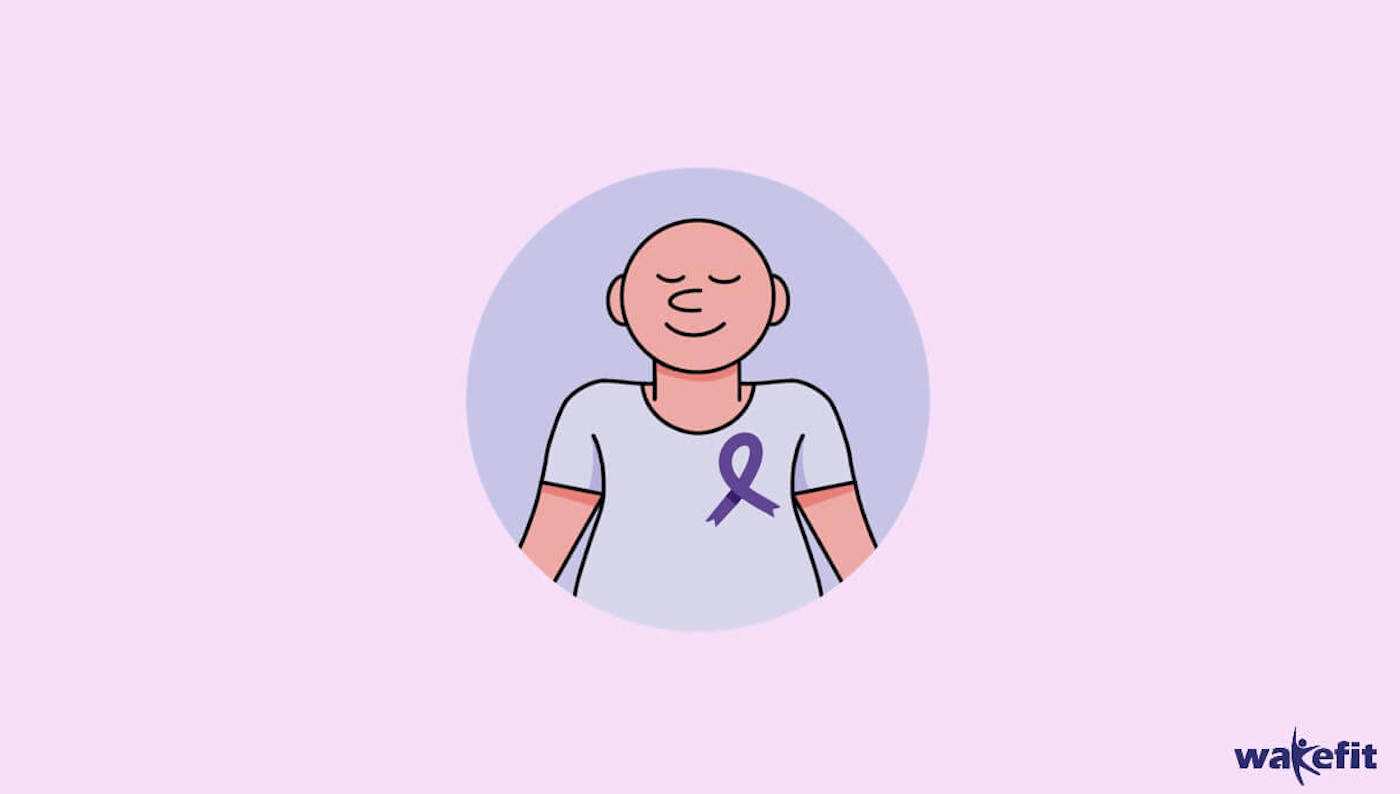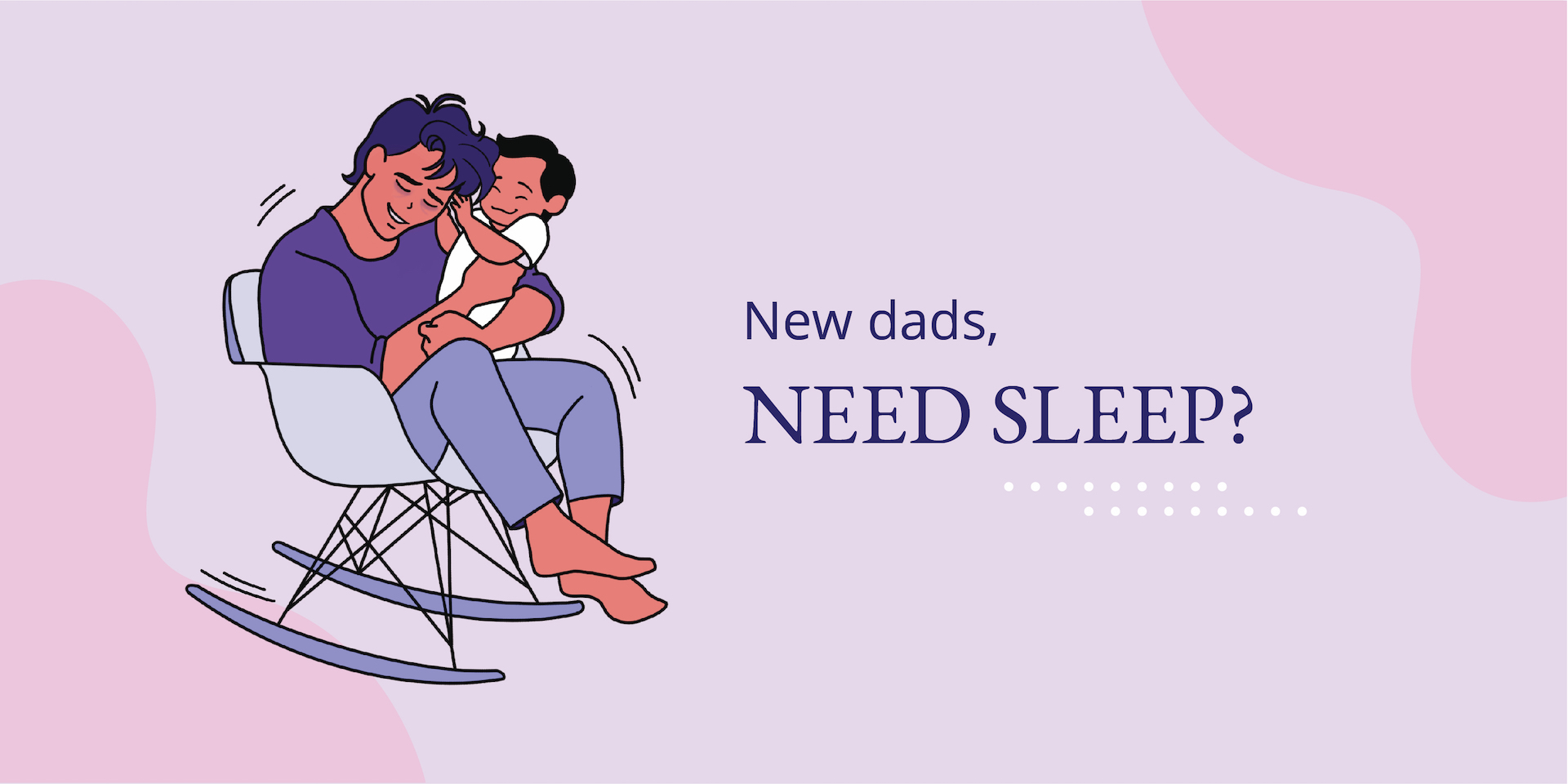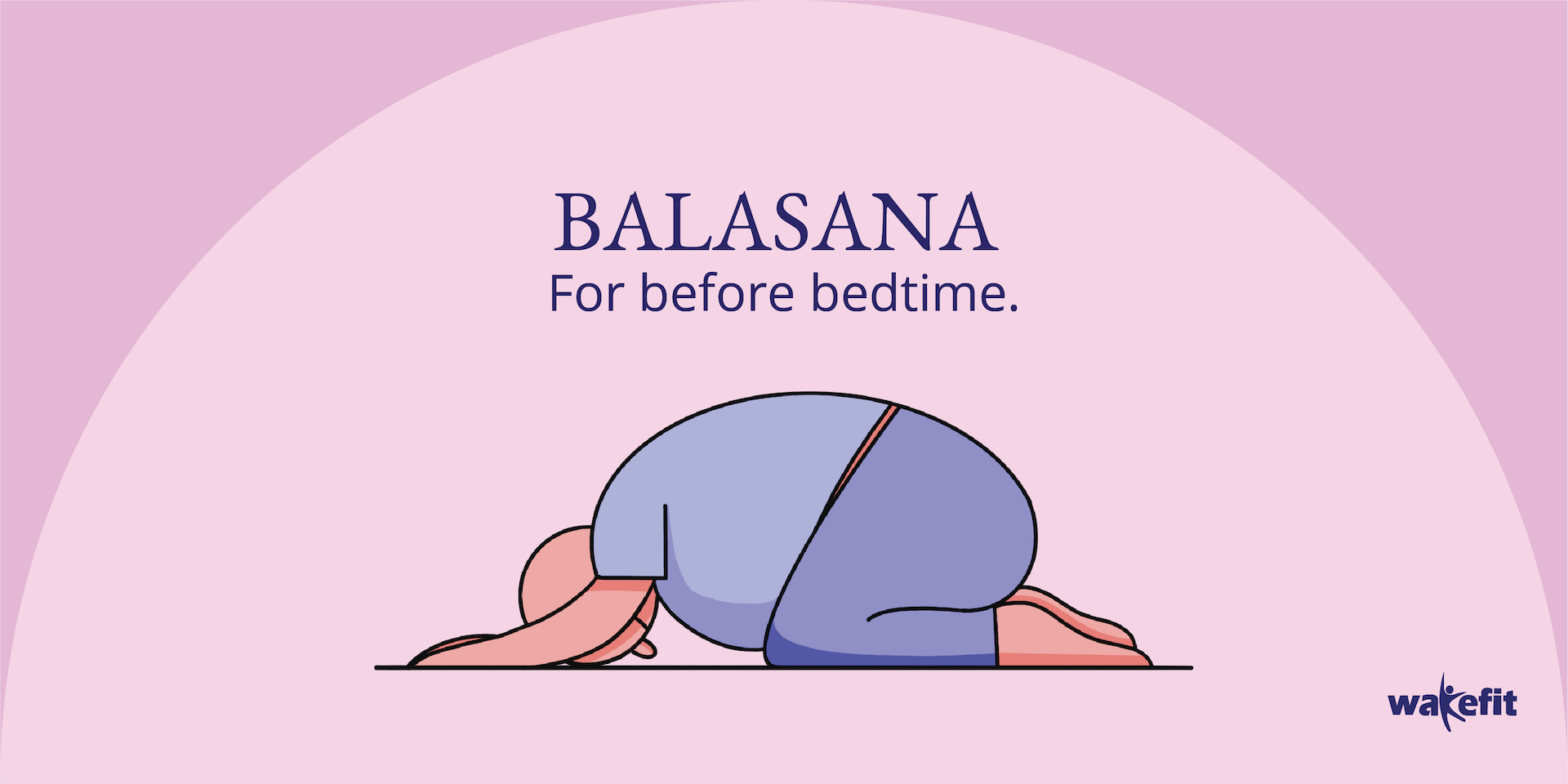Sleep and cancer
According to research, there is a connection between sleep and cancer.
Sleep disorders like insomnia, poor sleep quality, early awakening, fatigue, and excessive daytime sleepiness, are observed in cancer patients.
In some patients, these conditions can become chronic. These may persist even years after the completion of their cancer therapy.
The factors that affect sleep in cancer patients include biochemical changes occurring in their bodies due to neoplastic growth and anticancer treatments. These sleep issues further lead to chronic fatigue and depression in the patient.
When cancer patients do not get adequate sleep, their treatment becomes even more difficult.
This Cancer Awareness Day, let us have a look at some sleep disorders that have an association with cancer.
Insomnia
The difficulty in falling asleep and/or staying asleep is called insomnia. It lowers one’s energy levels, causes poor concentration, and exhaustion.
Insomnia is prevalent among people with cancer or cancer-associated conditions. In turn, it makes coping with cancer and its treatment exceedingly difficult.
Chronic sleep deprivation, that is, not getting seven to eight hours of sleep at night for a continued period of time can lead to poorer memory, inferior cognitive skills, increased risk of depression, and deteriorated immune functions.
According to a study, men with insomnia were twice more prone to develop prostate cancer. According to another study, people who slept less than five hours every night on average had fifty percent more chance of being diagnosed with colorectal cancer.
Sleep apnea
This sleep disorder involves the sleeper not being able to breathe for a few seconds in their sleep. The breathlessness can cause gasping for air or the feeling of choking, which in turn, results in the sleeper waking up a number of times.
Sleep apnea might also cause snoring, which negatively affects sleep quality.
According to research, more than 75 percent of cancer patients (tumor in the neck or head area), complain of sleep apnea.
A journal called Cancer Research, in 2014, published a paper that hinted at possible links between sleep apnea and cancer. When they placed mice with a tumor in an environment with low oxygen, their tumor spread through their body faster. A possible reason, according to the researchers, is that when there is not enough oxygen, the body produces more blood vessels as compensation, which in turn, causes cancer to spread faster.
Managing sleep better
As someone who has been diagnosed with cancer and is going through treatment, there are certain tips you can follow for better sleep.
Most of these are general sleep tips such as going to bed early, taking a shower before to relax tense muscles, doing light stretches before bed (after consulting with your oncologist), listening to relaxing audio for sleep, etc.
But a more comprehensive approach involves behavioral therapies, and the most common among this is the Cognitive Behavioral Therapy (CBT).
CBT is a structured program through which a patient of insomnia can identify thoughts and behaviors that are causing them their sleep problems. After identification, the program helps the patient replace these thoughts with habits that will improve sleep, which is very crucial for cancer patients to get better.
This Cancer Awareness Day, let us spread awareness regarding the connection between sleep and cancer to help people treat themselves faster.




No Comments